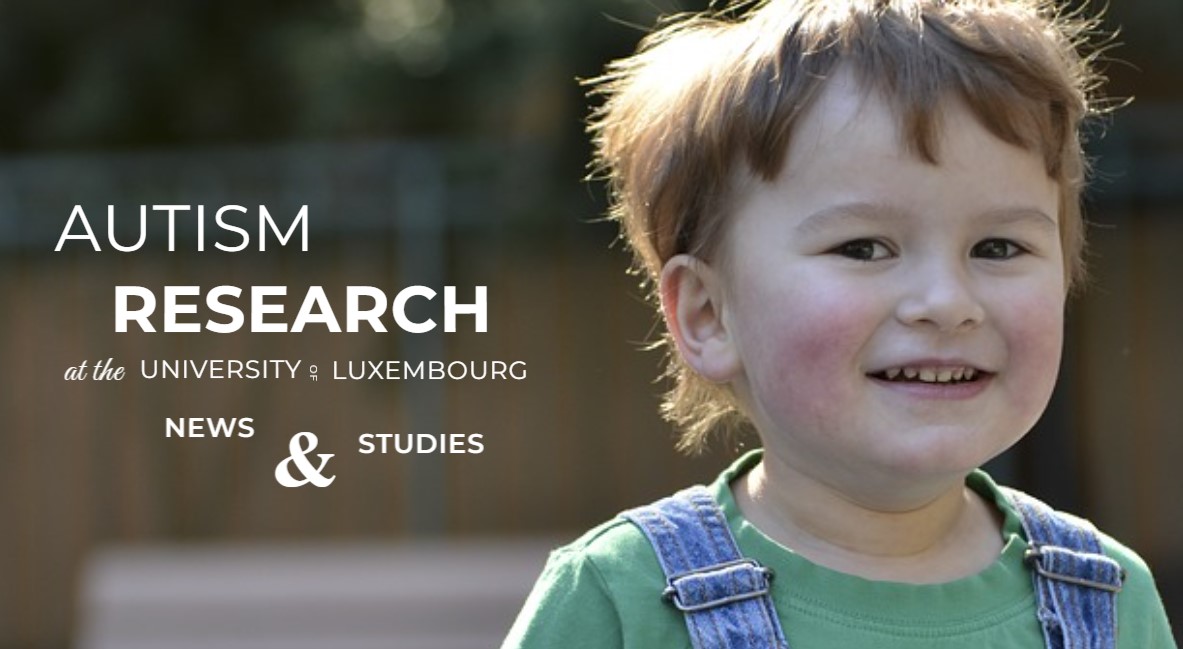The project at a glance
-
Start date:01 Jan 2020
-
Duration in months:45
-
Funding:FNR
-
Principal Investigator(s):Andreia COSTA
Organisation and Partners
- Department of Behavioural and Cognitive Sciences
- Faculty of Humanities, Education and Social Sciences (FHSE)
- Health and Behaviour
- Stanford University
Project team
-
Andreia COSTA
-
Maïte FRANCO
-
Georges STEFFGEN
-
Adelheid HU
-
James Gross
Stanford University
Keywords
- Autism
- Education
- School
- Well-being
- Academic success
- Emotions
- Multilingualism

